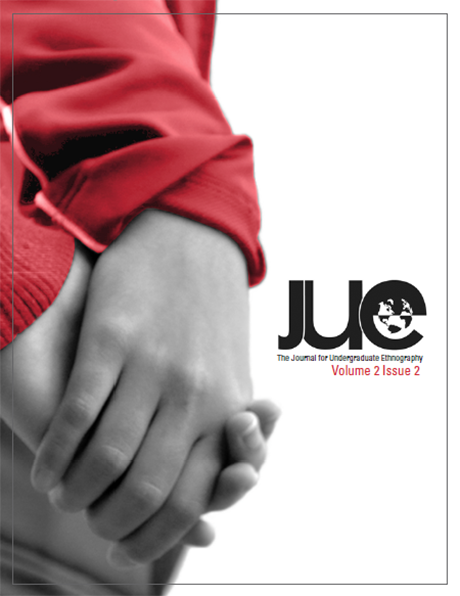Imagining a Classroom: Negotiating Diverse Interests of Educational NGOs in Northern Ghana
DOI:
https://doi.org/10.15273/jue.v2i2.8147Abstract
Non-Governmental Organizations (‘NGOs‘) compliment imperfect educational models with creative and flexible community-based programs. In Northern Ghana, children in poverty often face diminished educational outcomes, and organizations use various strategies to seek justice for these children. NGOs negotiate an uneasy existence as mediators between the spheres of structural bureaucracy and local poverty. NGOs must maintain a delicate balance between serving the cultural and structural challenges facing education in resource-poor communities. Solely focusing on either aspect robs the organization of local legitimacy NGOs appropriately apply complex social context to their simplified program goals when staff relationships with local communities inform what tools oppressed Ghanians need to live flourishing lives. Structural interviews in Tamale, Ghana, illustrate that NGOs achieve their goal of improved educational outcomes for poor children when they identify as members of the community where they work.


